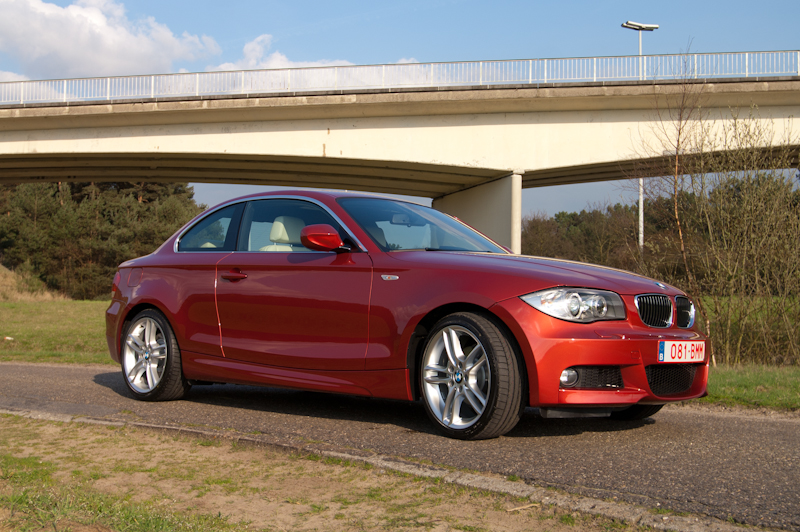Many parents would jump at the idea of a vacuum cleaner built into the car. When children occupy the back seat, it may soon look like an unruly horde of fairies have been by sprinkling, not fairy dust, but an assortment of crumbs, bits of paper, mud, pieces of toys and other debris. The backseat could look worse than their rooms, that make you wish you had a giant vacuum cleaner to pull it all out in one go and start over.
Well, now you can. Honda offers a van-sized vacuum cleaner, in the shape of an Odyssey minivan with a built-in vacuum hose. The hose is said to reach every nook and cranny of the van's interior. I have seen no specifications on the suction power, but it had better be good if it's to deal with the backseat debris. Certainly if it has to do that within eight minutes, the amount of time it can run on the car's battery.
If you need more than eight minutes, you need to turn on the minivan's engine to power the vacuum cleaner, so yes, now you have what amounts to a 248 HP vacuum cleaner. To put that in perspective, the engine in my trusty Miele has 1200 Watt, or 1.6HP. Even that is too much for most household jobs.
"Where's the common sense?" It's something CelloDad says often. (I reckon if he gets exasperated enough he'll start his own blog). I suspect that the very presence of a vacuum cleaner encourages more littering, crumbs and carelessness.
You don't need a vacuum cleaner built into your car. All you need is a switch of perspective inside your head, and that of your children: Stop thinking that the car is a living space.






